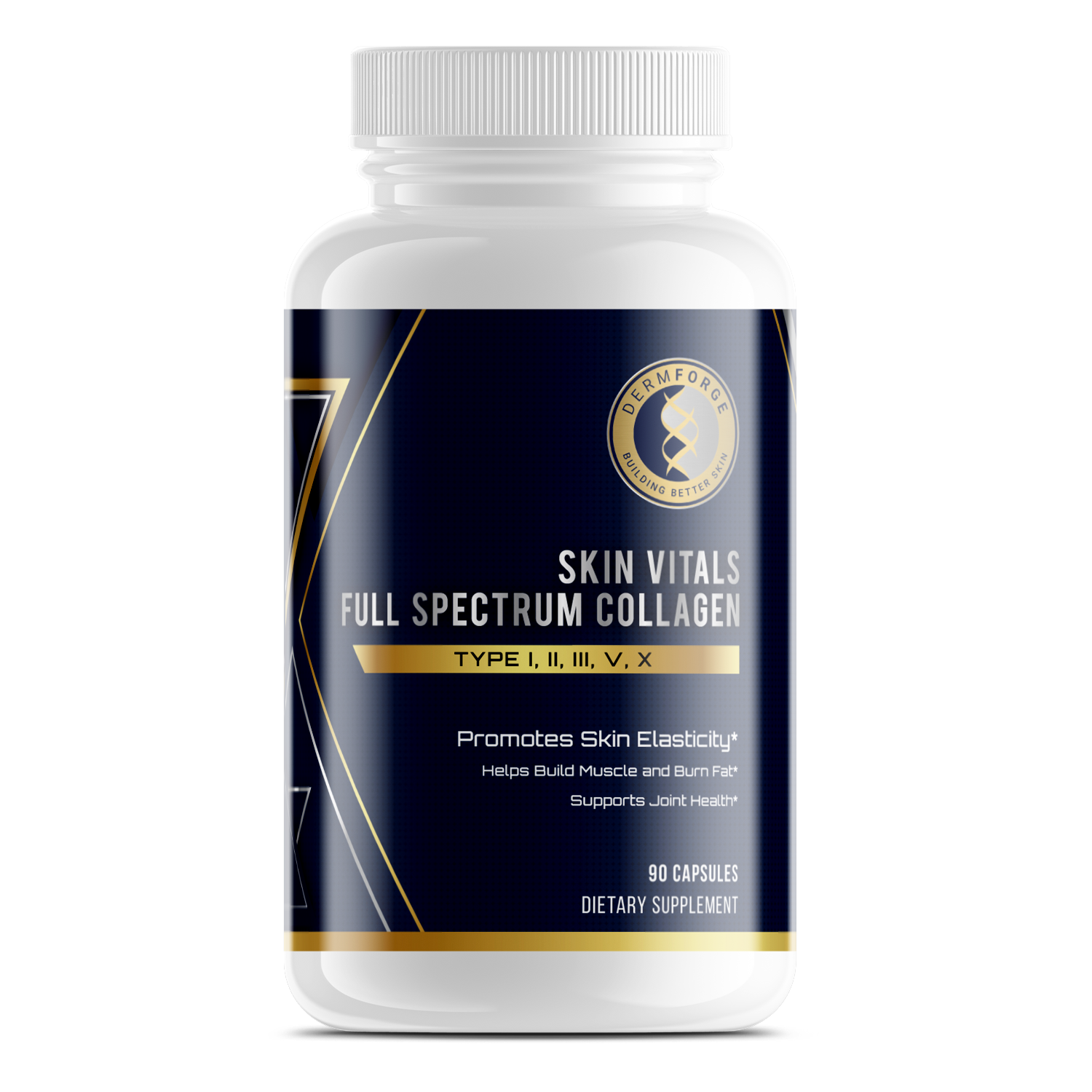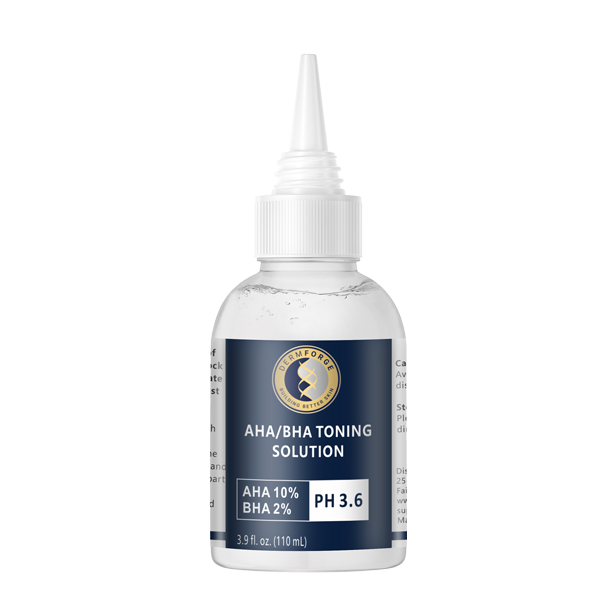You want your skincare to support healthy skin, not cause irritation or long-term problems. That starts with knowing what’s inside each product. Many shoppers now look for ingredients to avoid in skincare products before they decide what to buy. This habit can help you prevent dryness, redness, or breakouts.
Many common skincare formulas still include preservatives, fragrances, or surfactants that may lead to skin reactions. However, awareness is growing. People now take more interest in reading labels and asking questions. Additionally, brands are responding by offering clearer ingredient lists and cleaner formulations.
You may think a product is safe because it says natural or hypoallergenic. However, these claims don’t always reflect the full formula. Therefore, it’s helpful to understand which specific ingredients often cause trouble. That way, you can make more informed choices for your skin.
Additionally, your skin type plays a role in how you react. People with sensitive or dry skin are often more affected by harsh ingredients. Therefore, what works for one person might not work for you. Pay attention to how your skin responds over time.
Being ingredient-aware does not mean avoiding all chemicals. It means understanding which ones have a higher chance of causing problems. Therefore, it’s smart to avoid known irritants when better alternatives exist. You’ll likely notice a difference in how your skin feels and looks.
By learning what to skip, you gain more control over your skincare. Your daily choices add up and shape long-term results.
Why Ingredient Awareness Matters in Skincare
Knowing what’s in your skincare products is more important than ever. Consumers expect clear labels and honest ingredient lists. Brands that prioritize transparency often build stronger trust with their customers. You want to feel confident about what you apply to your skin.
Many products include long chemical names that sound unfamiliar. However, some of those ingredients may trigger breakouts, irritation, or worse. That’s why more people are paying attention to the ingredients to avoid in skincare products. As you learn more, you can make better decisions for your skin’s long-term health.
Ingredient awareness goes beyond avoiding bad reactions. It also helps you choose formulas that support your skin type. For example, those with sensitive skin often react to synthetic dyes or strong preservatives. Additionally, knowing which ingredients help or harm your skin can reduce the risk of future damage.
Clean formulations continue to grow in demand. More brands now highlight what’s not in their products, not just what is. Therefore, consumers often seek options that are fragrance-free, paraben-free, or free from other common irritants. That shift creates a competitive edge for brands that lead with honesty and simplicity.
You don’t need a chemistry degree to make smart skincare choices. However, a little ingredient awareness goes a long way. When you understand the label, you protect your skin and avoid unnecessary risks. Additionally, you support brands that put safety and clarity first.
You have the power to choose products that align with your values. By reading ingredient lists and asking questions, you make informed decisions. Over time, that effort supports healthier skin and better results.
Parabens and the Risk of Hormonal Disruption
Parabens are widely used as preservatives in skincare products. They help prevent mold and bacteria from forming in jars and tubes. However, concerns about their effect on your hormones have changed how many people shop for skincare.
Parabens can mimic estrogen once they enter your body. That similarity raises questions about how they may interfere with your endocrine system. Therefore, repeated exposure over time could disrupt natural hormone balance. You may not feel it right away, but it can have long-term effects.
Many consumers now avoid products with methylparaben, propylparaben, or similar ingredients. These are common types found in lotions, creams, and makeup. Additionally, some studies have raised concerns about a potential link to hormone-sensitive conditions. While research continues, more people are choosing to be cautious.
You have likely seen more products labeled as paraben-free. That shift reflects growing demand for clean skincare. Consumers want ingredients they recognize and trust. Therefore, paraben-free lines are increasing across both luxury and drugstore brands.
Reading labels helps you avoid unnecessary exposure. If long names confuse you, look for clear paraben-free messaging on the packaging. Additionally, avoid products that list parabens among the first few ingredients. Those are usually the highest in concentration.
Parabens are one of the most talked-about ingredients to avoid in skincare products. You can find safer options without giving up quality or performance. By choosing paraben-free, you reduce risks and support better practices across the industry.
Sulfates and Their Impact on Skin Barrier Function
Sulfates are common in many foaming skincare and cleansing products. They help create that familiar lather you often associate with clean. However, ingredients like sodium lauryl sulfate can damage your skin’s natural barrier. This outer layer protects against dryness and irritation.
The skin barrier holds moisture and blocks outside irritants. When sulfates strip away natural oils, that barrier weakens. Therefore, your skin may start to feel tight, flaky, or itchy. Additionally, people with sensitive or dry skin often react more strongly to these ingredients.
You may notice redness or breakouts after using certain cleansers. That’s often linked to over-cleansing or using harsh foaming agents. Sulfates not only remove dirt but also take away the good oils your skin needs. Over time, this can lead to inflammation and a cycle of irritation.
Many brands now offer sulfate-free formulas for a gentler cleanse. These use milder surfactants that clean without harming your skin barrier. Additionally, sulfate-free options help keep your skin balanced and less reactive.
Reading ingredient lists can help you avoid issues before they start. Therefore, check for sodium lauryl sulfate or sodium laureth sulfate. If they appear high on the list, that product may be too harsh for daily use.
Sulfates are one of the key ingredients to avoid in skincare products. You have other choices that clean effectively without damaging your skin. By switching to gentler cleansers, you can protect your barrier and reduce future irritation.
Synthetic Fragrances and Allergenic Reactions
Synthetic fragrances are added to many skincare products to make them smell pleasant. However, they can create problems for sensitive skin types. You might enjoy the scent, but your skin may react differently after repeated exposure.
Artificial fragrances are known to cause allergic reactions in some people. These reactions may include redness, itching, or small bumps. Therefore, if you have eczema or rosacea, scented products may worsen your symptoms. Your skin barrier is already compromised, and added irritants make things worse.
You may not always know which chemicals make up the fragrance. Many labels list “fragrance” or “parfum” without specific details. That lack of clarity makes it harder to know what you’re reacting to. Additionally, fragrance blends can contain dozens of different synthetic compounds.
Fragrance-free and unscented products are becoming more common. These give you more control and reduce the chance of a reaction. Therefore, choosing fragrance-free options can help you maintain more stable skin. Your skincare doesn’t need to smell good to be effective.
Artificial fragrances are common ingredients to avoid in skincare products. They offer no skin benefit and often increase irritation. You can still enjoy quality products without the added risk. Additionally, your skin will likely feel more balanced and calm over time.
When reading labels, skip products that include fragrance among the first few ingredients. That means it’s used in a higher amount. Instead, look for clearly labeled fragrance-free products. Your skin will thank you for the switch.
Formaldehyde-Releasing Preservatives and Safety Concerns
Formaldehyde-releasing preservatives are added to skincare products to prevent bacteria and mold. However, these ingredients come with safety concerns. Your skin may absorb small amounts of formaldehyde over time, especially with daily use.
Common formaldehyde donors include DMDM hydantoin, diazolidinyl urea, and imidazolidinyl urea. These chemicals slowly release formaldehyde to protect the product. However, that release can also cause skin irritation, redness, or allergic reactions. People with sensitive skin may react more strongly than others.
Therefore, many consumers are avoiding products with these ingredients. You may notice labels highlighting that a product is formaldehyde-free. Additionally, some brands now offer preservative alternatives that do not carry the same concerns. These options are often better for long-term use.
Repeated exposure may increase the risk of developing sensitivity. Your skin can react after long periods of use, even if it seemed fine at first. That’s why it’s better to avoid these ingredients early, not after irritation begins.
You don’t need these preservatives to get an effective product. Many formulas now stay stable with safer ingredients. Formaldehyde-releasing preservatives are among the ingredients to avoid in skincare products. They do more harm than good, especially when used regularly.
Check product labels closely. If you see chemical names that sound unfamiliar, look them up before using. Additionally, choosing fragrance-free and preservative-conscious products can help lower your risk. Your skin deserves ingredients that support, not stress, its health.
The Marketing Illusion of “Natural” and “Hypoallergenic” Claims
The words natural and hypoallergenic sound appealing on skincare labels. However, these terms often don’t reflect what’s actually in the product. Many brands use them for marketing rather than science. You may think you’re buying something safer, but that’s not always true.
There are no strict rules for how companies use these labels. Therefore, a product labeled natural may still contain synthetic or irritating ingredients. Additionally, hypoallergenic products can still cause reactions, especially for sensitive skin types. These claims do not guarantee a safer formula.
You might feel more confident when you see these terms on packaging. However, it’s better to read the actual ingredient list. That’s where you’ll find what matters. Some ingredients to avoid in skincare products may still be present, even with these claims on the front.
Learning a few common ingredient names can help you spot red flags. Therefore, take a moment to scan the back of the label before buying. Look for known irritants, synthetic fragrances, and harsh preservatives. Additionally, consider researching anything unfamiliar before trying it on your skin.
Brands know consumers want gentle and clean products. That’s why they use broad terms that sound appealing. However, true skin safety depends on transparency and smart choices. You have to look past the label and focus on the facts.
Choosing products based on actual ingredients protects your skin long term. Marketing claims can distract you from what’s really inside. Reading labels and staying informed helps you avoid unwanted reactions and supports better results.
Conclusion
Reading skincare labels takes a little time, but it pays off in the long run. You want products that work for your skin, not against it. By learning more about ingredients, you can avoid unwanted reactions and build a better routine.
Many products still include ingredients that may harm or irritate your skin. Therefore, knowing what to look for can help you avoid issues before they begin. Additionally, being selective supports your skin’s health and reduces the risk of long-term damage.
Marketing terms may sound helpful, but they don’t always reflect the actual formula. That’s why it’s better to look beyond the front label. Check the ingredients list before deciding if something is right for you. You deserve to feel confident about what goes on your skin.
You don’t need to memorize every chemical name to make smart choices. Focus on the most common ingredients to avoid in skincare products. These include parabens, sulfates, synthetic fragrances, and formaldehyde-releasing preservatives. Avoiding these can help reduce irritation and improve how your skin feels each day.
Additionally, your buying habits influence what companies make. When more people demand safer products, brands often respond by changing their formulas. Therefore, every smart choice you make matters more than you think.
Your skin reflects what you put on it consistently. Keep your routine simple, thoughtful, and informed. You don’t need a large shelf of products to see results. Just a better understanding of what’s inside each one.







